Entry Category: Business and Economics
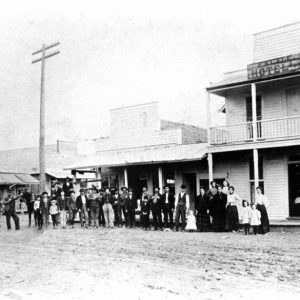 Manila Hotel and Grocery
Manila Hotel and Grocery
Manning, Henry Grady
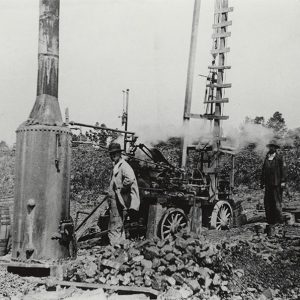 Marble Quarry Workers
Marble Quarry Workers
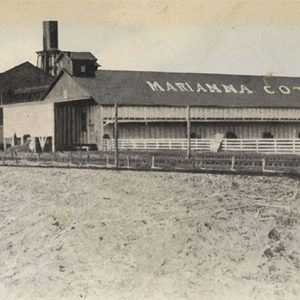 Marianna Cotton Oil Company
Marianna Cotton Oil Company
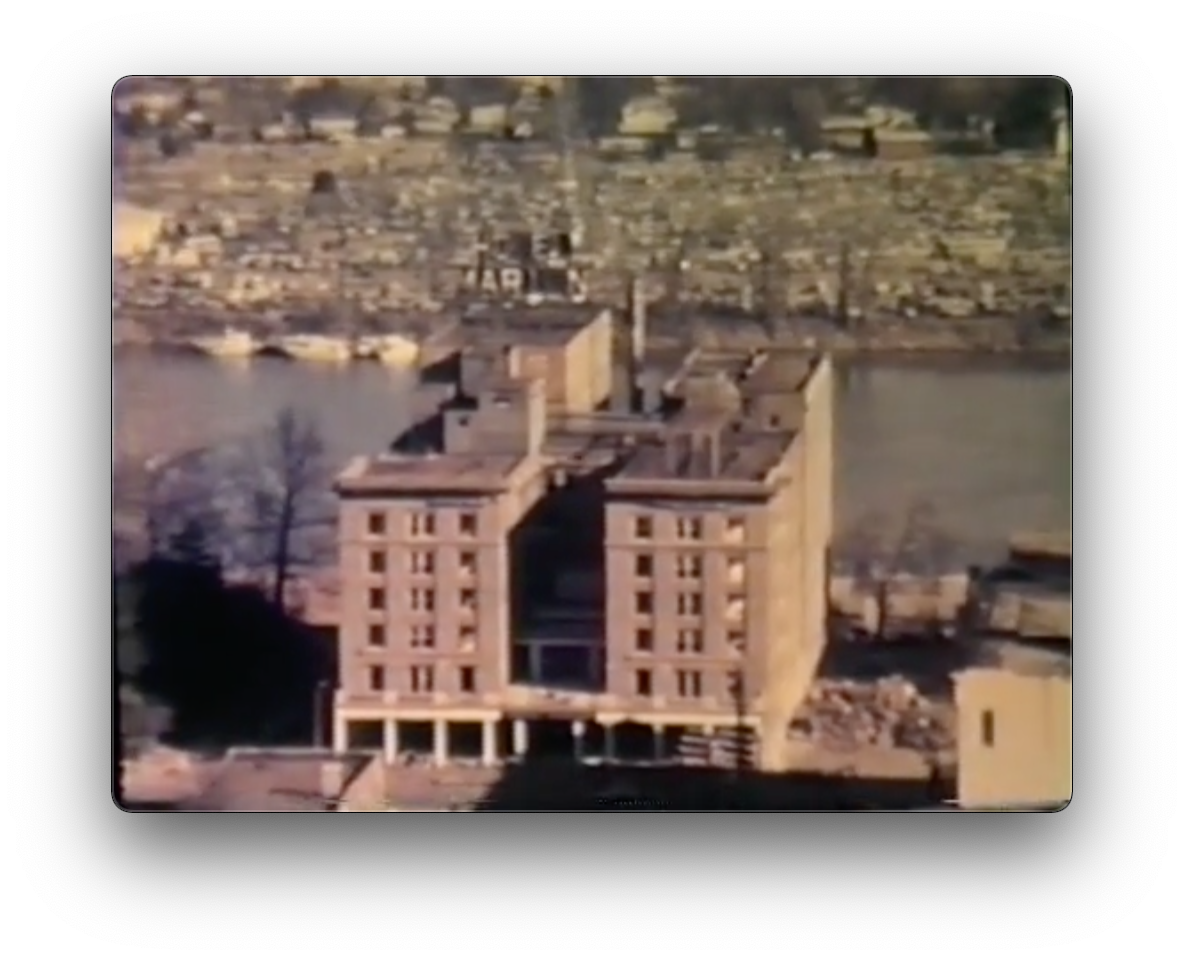 Implosion of Manning and Marion Hotels
Implosion of Manning and Marion Hotels
Marion Hotel
aka: Hotel Marion
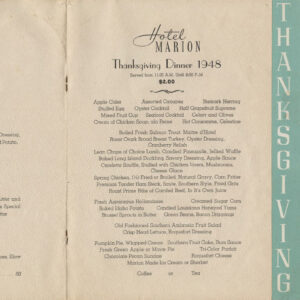 Marion Hotel Menu
Marion Hotel Menu
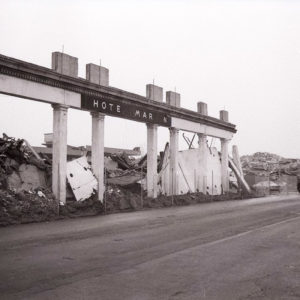 Marion Hotel Remains
Marion Hotel Remains
Markle, John Lawrence
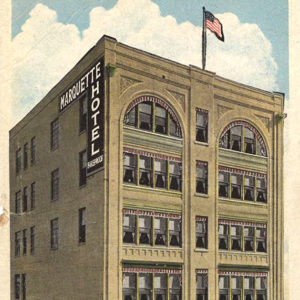 Marquette Hotel
Marquette Hotel
Massey, Mary Elizabeth Smith
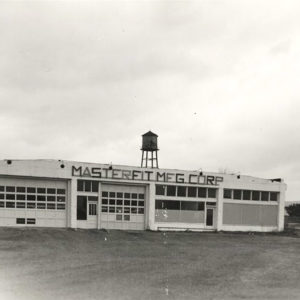 Masterfit
Masterfit
Matthews, Justin, Sr.
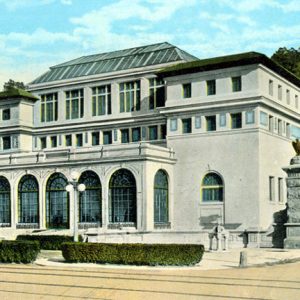 Maurice Bath House
Maurice Bath House
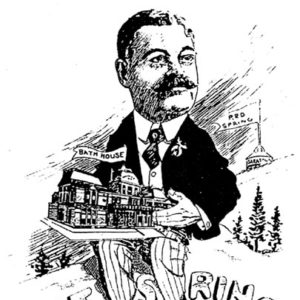 William Maurice Caricature
William Maurice Caricature
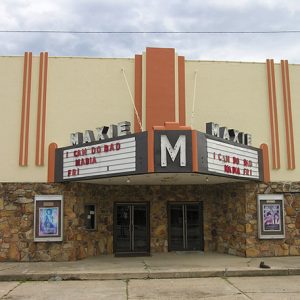 Maxie Theatre
Maxie Theatre
McAllister, James Thomas (Tom)
McCain Mall
McClard’s Bar-B-Q
McCoy, Kerrin Lou Krouse (Kerry)
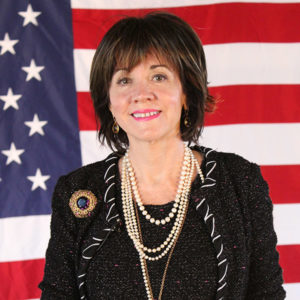 Kerry McCoy
Kerry McCoy
 Kerry McCoy
Kerry McCoy
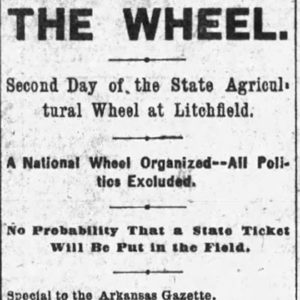 McCracken Article
McCracken Article
McDonald-Wait-Newton House
aka: Packet House
aka: 1836 Club
McDonnell, James Smith, Jr.
McIntosh, Robert “Say”
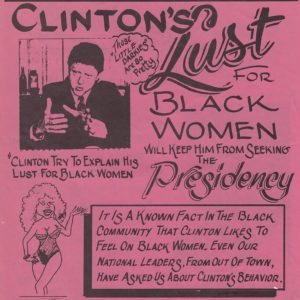 "Say" McIntosh Flyer
"Say" McIntosh Flyer
McLarty, Thomas Franklin (Frank), II
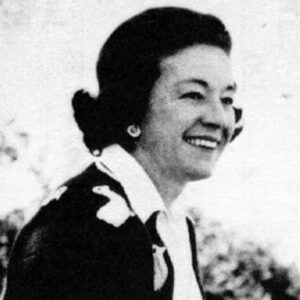 Mary McLeod
Mary McLeod
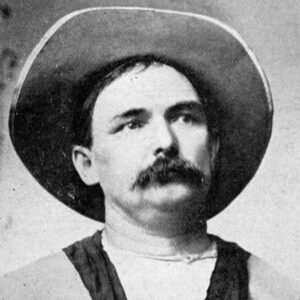 Norman McLeod
Norman McLeod
McRae, Thomas Chipman, IV
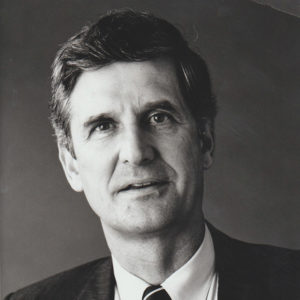 Tom McRae IV
Tom McRae IV
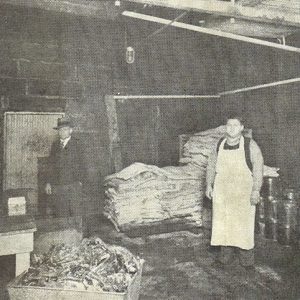 Meat Inspection
Meat Inspection
Mechanics’ Institute of Little Rock
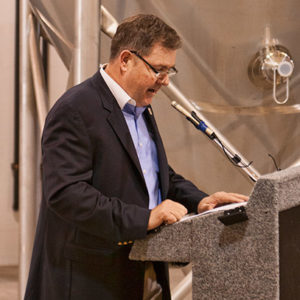 Russ Melton
Russ Melton
Memphis and Little Rock Railroad (M&LR)
Mercury Mining
aka: Cinnabar Mining
Merrell, Henry
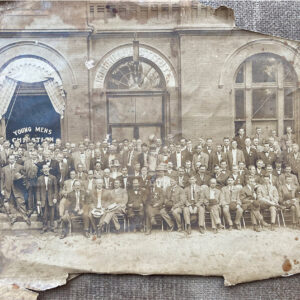 Merrill Institute
Merrill Institute
Merrill, Joseph
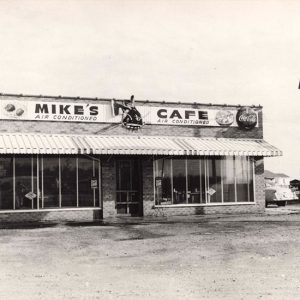 Mike's Cafe
Mike's Cafe
Miller, Abraham Hugo
Miller, Eliza Ann Ross
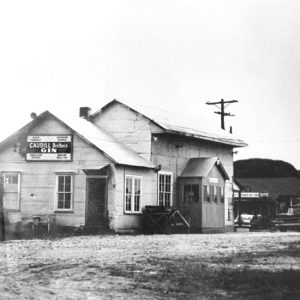 Milligan Ridge Gin
Milligan Ridge Gin
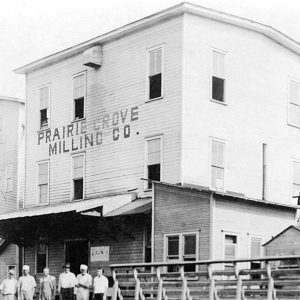 Milling Company
Milling Company
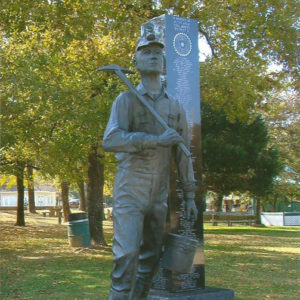 Miner Memorial
Miner Memorial
Mining
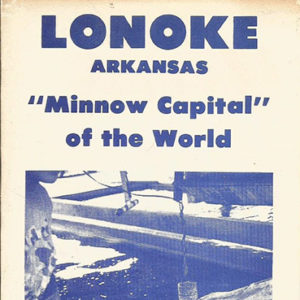 Minnow Brochure
Minnow Brochure
 Minnow Harvest
Minnow Harvest




